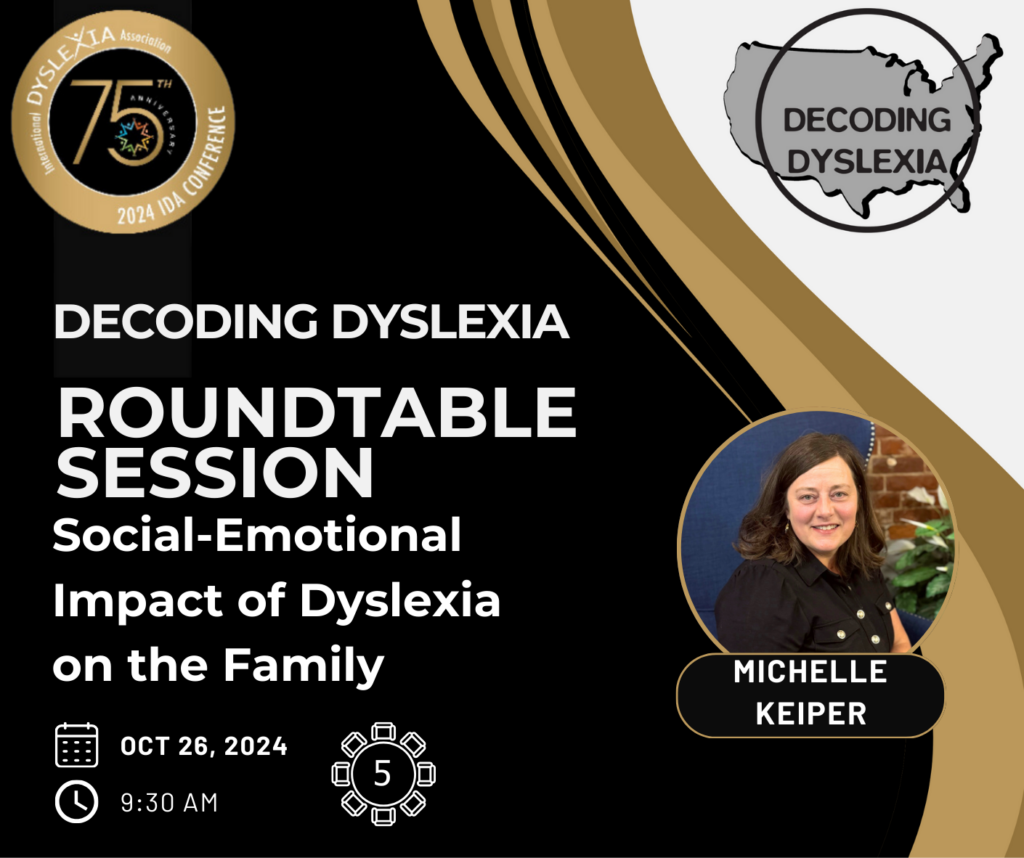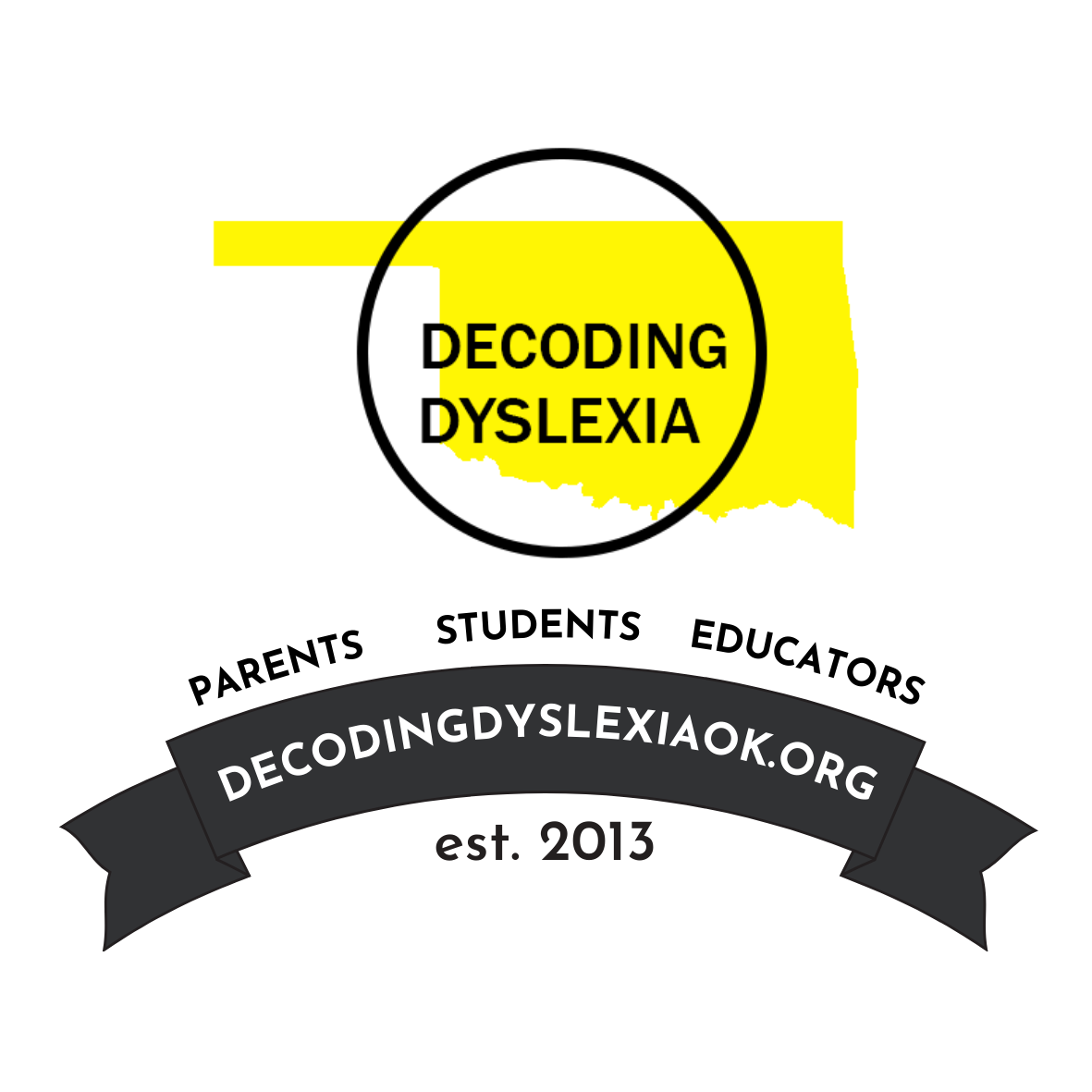Table 5: Supporting the Social & Emotional Needs of Students with Dyslexia
Session a
Social-Emotional Impact of Dyslexia on the Family
Struggling to learn to read affects the entire family. We will discuss how to identify risk factors within the family system and share resources and strategies to begin to reduce stress within the family system.

As a classroom teacher Michelle struggled to locate effective resources to teach and support her son, a struggling reader with dyslexia. In 2013, Michelle founded Decoding Dyslexia Oklahoma to bring parents and teachers together to raise awareness for dyslexia, empower parents through education to advocate for their children, and impact policy changes to improve resources for students with dyslexia in our schools.
As a parent advocate poised with a teaching background, Michelle has served in several stakeholder advisory roles through the Oklahoma State Department of Education and the Oklahoma Legislature; effectively bringing about change in policy through legislation and developing statewide initiatives for best-practice guidance and professional development opportunities. In addition to continuing the work in Oklahoma, Michelle now also serves in Education and Outreach for the Center for Reading at Pittsburg State University. Michelle also serves on the editorial board of IDA’s Perspectives on Language & Literacy.
.
Session B
Understanding the Social-Emotional Impact of Dyslexia on the Student
Join Michaela Ozier, M.S. a clinical psychologist and the director of the Center for Reading at Pittsburg State University, to discuss the social and emotional risk factors affecting students with dyslexia and how parents and teachers can help to build resiliency in the student. We will use the 4P Factor Model as our guide for this discussion.

Michaela Ozier serves as the director of the Center for Reading in Pittsburg, Kansas. Her primary roles as director involve overseeing assessment and intervention services for dyslexia/reading difficulties and attentional difficulties, providing professional development and trainings to in-service and pre-service teachers and other professionals, and assisting with research and publication. Michaela graduated with her master’s in clinical psychology in 2021 and briefly worked in the field as a qualified mental health practitioner for children as well as an adjunct instructor for Pittsburg State University. Michaels is a doctoral student in Reading Science at Mount St. Joesph University.
.
